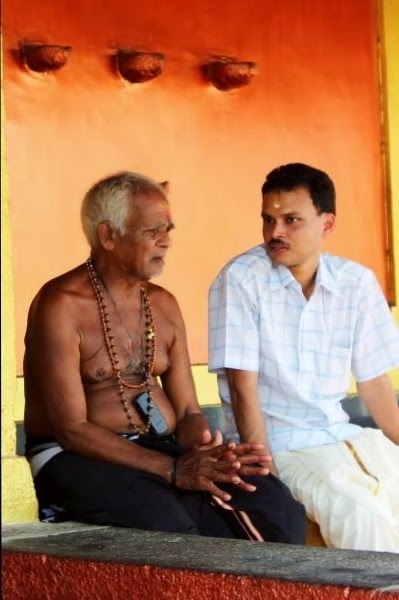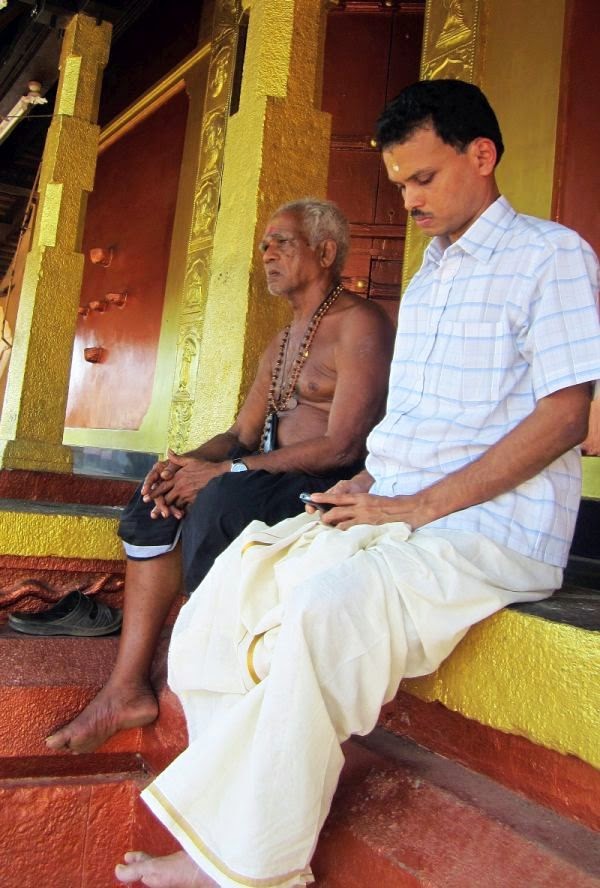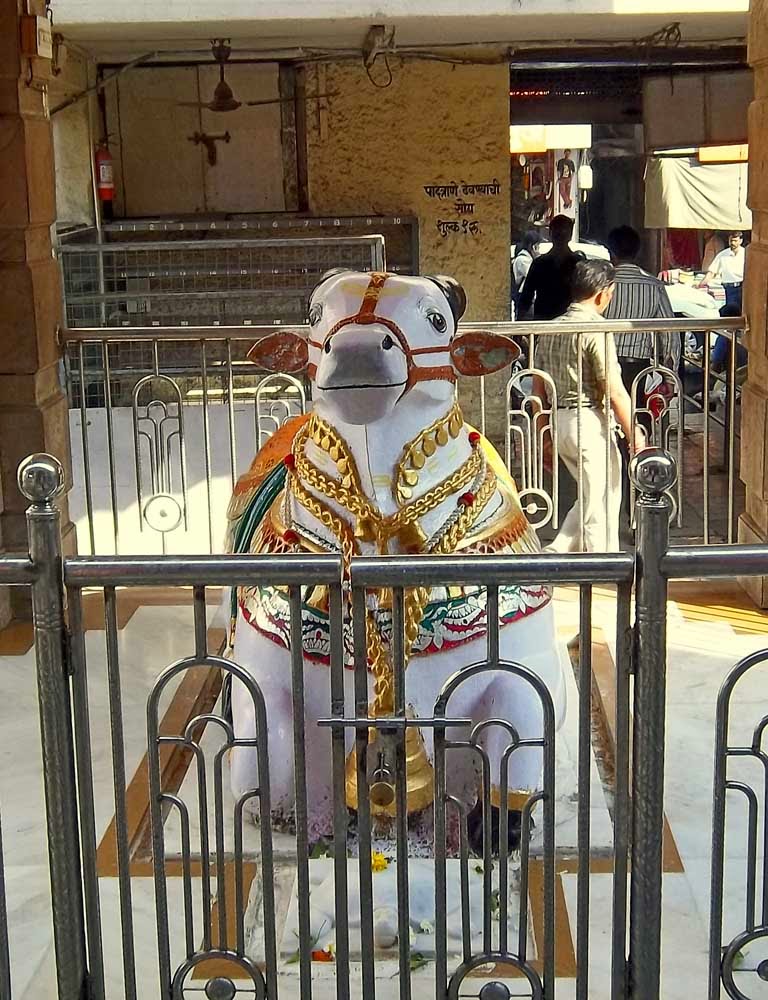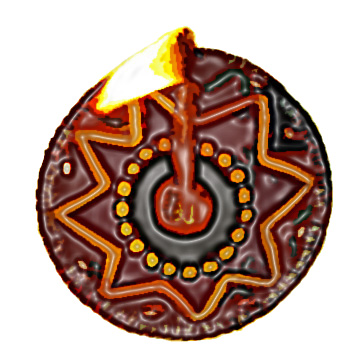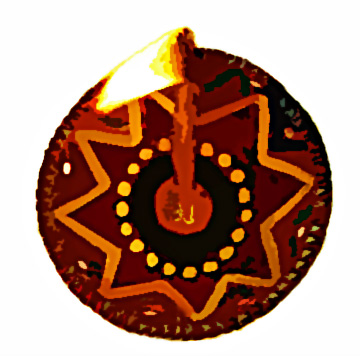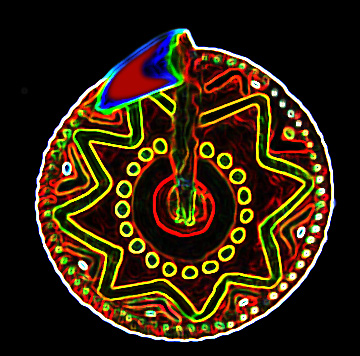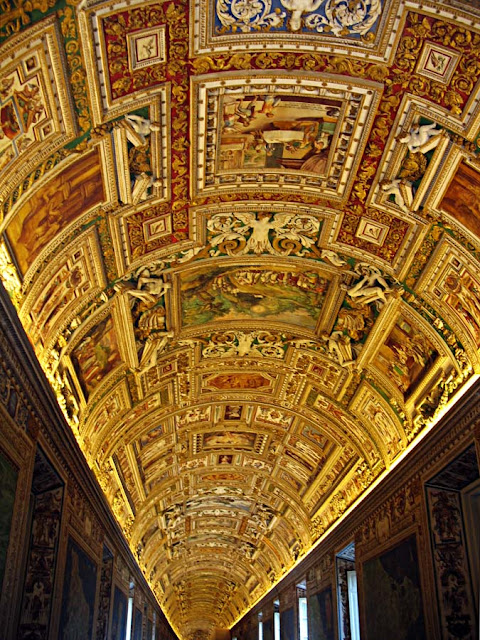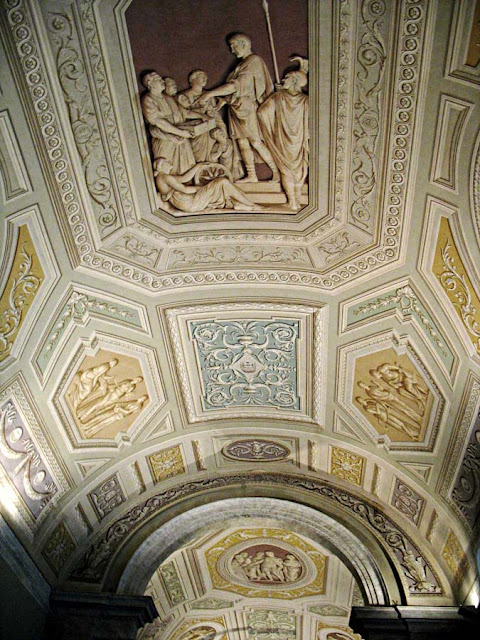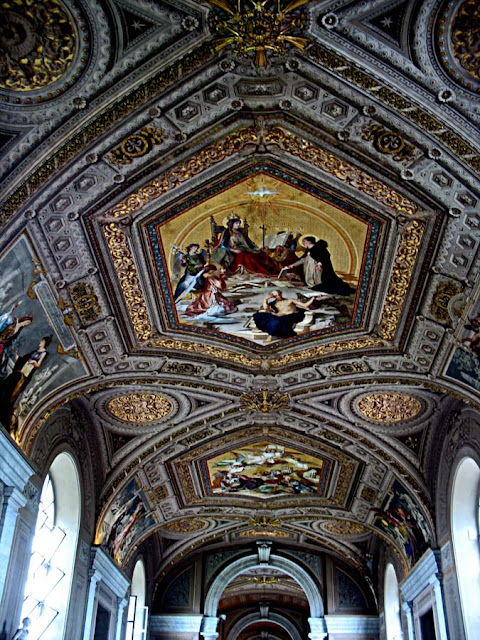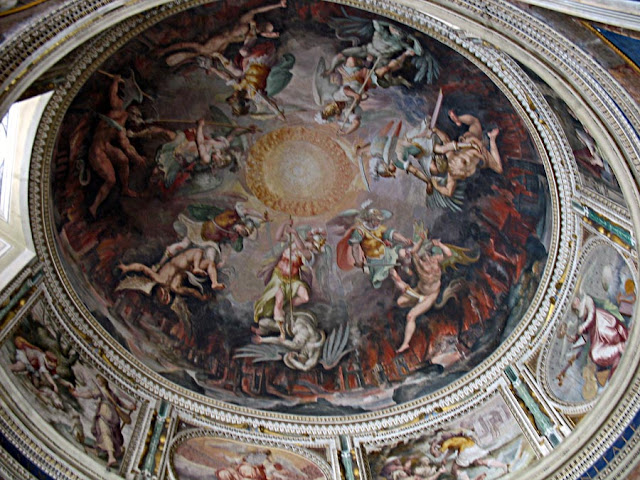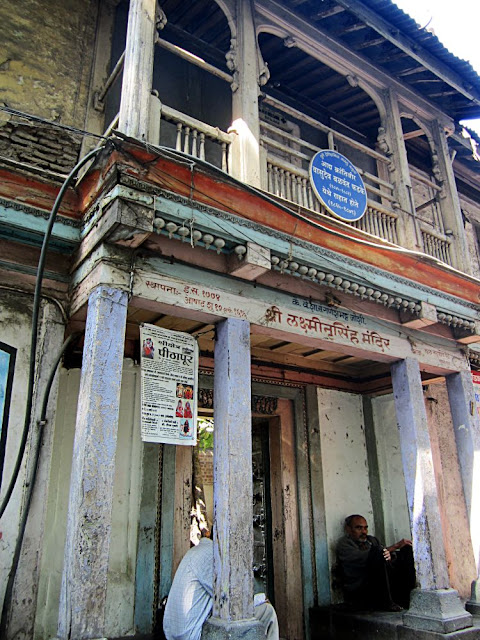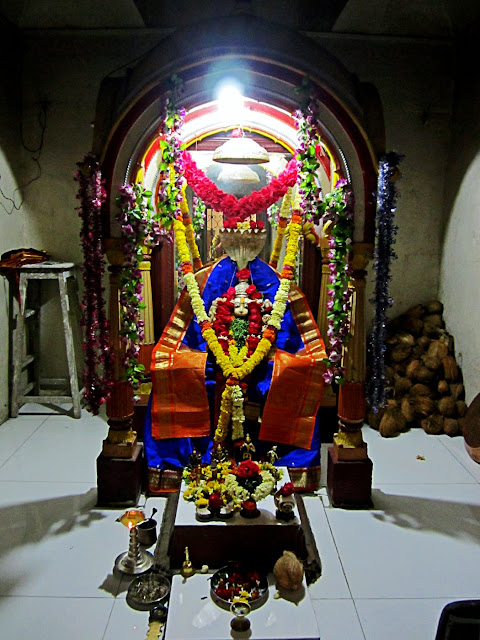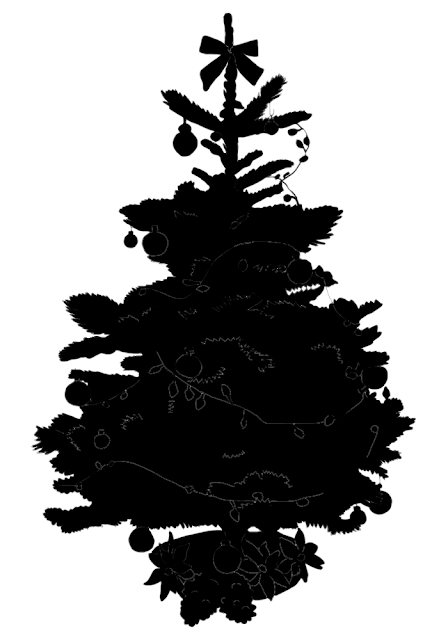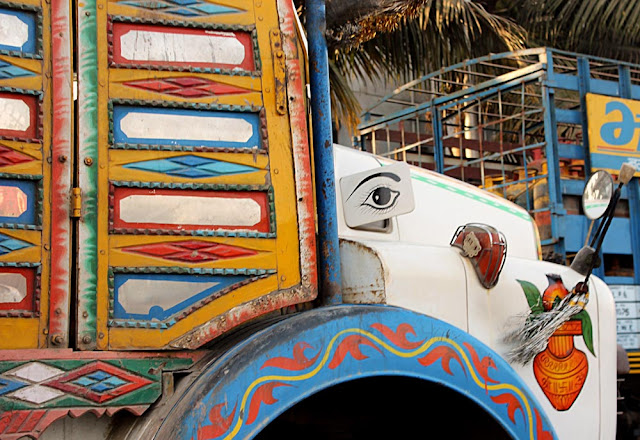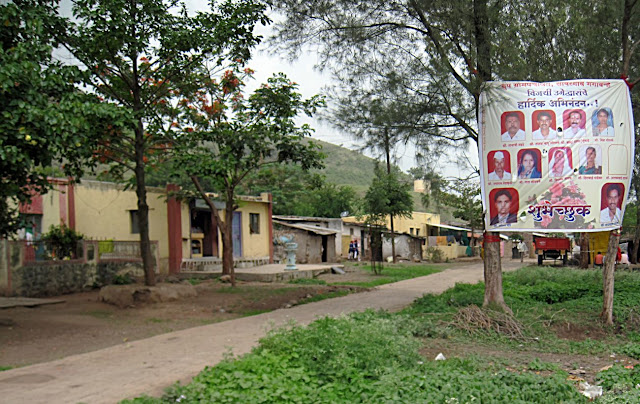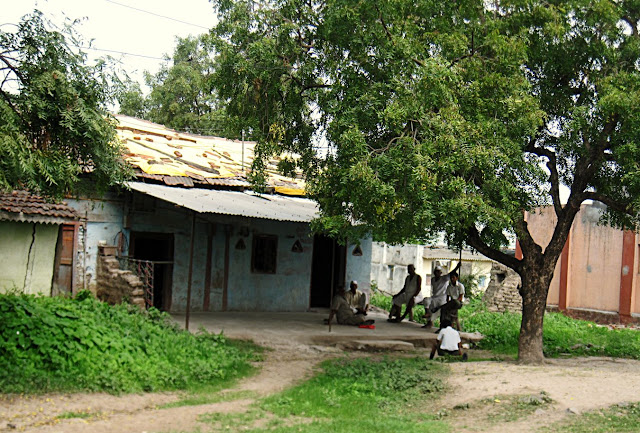This first one is the Om symbol atop a flat.
Free Images for everyone can be found here!!
Bloggers, you can use photographs from here for free, if your your blog is non-commercial. If a commercial website, the cost is nominal. All pictures on this blog are copyrighted to me. If an image is used, do attribute it as specified here! These photos are only for blogs/websites. If distributed, same conditions apply to end-user. Brick and mortar businesses have to pay (unless non-profit).Thanks.
The photos cannot be sold. For commercial purposes other than the web, pay as specified here. Select photos by using the SEARCH function under the Archives, found at the bottom of page (my email id is there too) or labels at bottom of each post. To see original image, click on image or ask me for a bigger and better one.
Showing posts with label Symbols. Show all posts
Showing posts with label Symbols. Show all posts
Thursday, June 24, 2021
Hindu Religious symbols silhouettes
Here are some silhouettes of some typical religious symbols which artist might like to use in their artwork.
This is a silhouette of the Trishul of Shiva with a snake wrapped around it.
Tuesday, September 16, 2014
Indian priests from Kerala
These are photographs of a Hindu priests in Kerala, inside of the temple premises.
In the first image there is an old man sitting quietly outside the temple with a younger man. A cell phone hangs around his neck, along with the rudraksha bead necklace (the holy beads used in prayer). Interesting how technology and religion have come together!
In the first image there is an old man sitting quietly outside the temple with a younger man. A cell phone hangs around his neck, along with the rudraksha bead necklace (the holy beads used in prayer). Interesting how technology and religion have come together!
A temple priest is fixing the bronze diya which is usually lighted up as part of the Hindu rituals.
Related Images: Priest performing a Pooja
For religious symbols from Hinduism: Hindu Religious symbols or Swastika graphics from India or Paduka or Guru's feet or or Shiva Pindi or Lingam or Significance of Animals and other life in Hinduism or Significance of Nandi in Hinduism or Diya graphics and illustrations and Sketch
Or check out all the photographs filed under Hinduism, or Religion or Temples
Thursday, August 7, 2014
Significance of Nandi in Hinduism
Nandi, the bull is what Lord Shiva uses for transport. In Hinduism, Gods are often depicted with their favourite animals, whether cows, elephants, snakes, turtles or even rats! Used either as pets or vehicles. This made animals sacred for many centuries and this is what helped preserve our wildlife although now the influences of the West has changed us to some extent.
A proud Nandi at the entrance of a temple.
A small Nandi bail or bull in an Indian temple
A Nandi statue outside the ancient temple at Ellora
An Ancient Nandi.
A proud Nandi at the entrance of a temple.
A small Nandi bail or bull in an Indian temple
A Nandi statue outside the ancient temple at Ellora
An Ancient Nandi.
You might also like Hindu Religious symbols or Swastika graphics from India or Paduka or Guru's feet or or Shiva Pindi or Lingam or Significance of Animals and other life in Hinduism or Diya graphics and illustrations and Sketch or other Hindu Religious symbols
Or check out all the photographs filed under Hinduism, Ellora, Art, Culture or Religion or Temples
The Image of different Religions is well illustrated in this post by taking random first images off the internet.
Monday, October 8, 2012
Diya graphics and illustrations and Sketch
Fire itself has significance in all religions, and these diyas or lamps in Hinduism are symbols of purification and truth and upliftment.
All of these images are simple graphics of a multi-colored clay diya or small clay lamp. This one is a colourful illustration of a clay lamp

A waxy effect and look given to the diya image, using the plastic wrap function of Photoshop.
A glowing outline of a diya on a black background. A glowing line drawing.
A black and white sketch of the same diya or lighted clay lamp.
Related Images: More religion oreinted graphis: Swastika graphics from India
Or Flowers with special effects useful for simple header images
Or check out all the posts under the different labels below this post.
-->
-->
Labels:
Festivals,
Graphic Art,
Hinduism,
Illustrations,
Religion,
Sketches,
Symbols
Wednesday, July 11, 2012
Sistine Chapel Corridor Ceiling Paintings and Designs
The Sistine Chapel's (where the Pope resides), is famous for its architecture and sculpted decorations and paintings. Renaissance artists including Michelangelo, Sandro Botticelli, Pietro Perugino, Pinturicchio worked on the paintings and frescoes in the chapel and the results as you can see in these pictures, are spectacular.
Not just gold, but also red and blue are used extensively in these remarkable art works. All the paintings have elaborately decorated borders. The paintings here contain figures of angels alongwith various other symbols used to convey some meaning.
At the end of the magnificent corridor you can see a sculpture of two figures standing alongside the symbol of of what looks like a small dragon. These paintings are a showcase of the reproduction of the anatomy and the contours of the human form.
These pale and pastel raised paintings or designs on the ceiling also appear to depict some story from the bible. There is no doubt that all this work is telling a story and is mean to be interpreted and read.
All the artwork on the walls or ceilings of the Sistine chapel show some aspect of the story of Jesus Christ and Moses.
Related Images: More Sistine Chapel Ceiling Designs or the exteriors of the Sistine Chapel in the Vatican City in Rome Italy or check all the photographs filed under Rome"
The golden ceiling fresco at the Sistine Chapel. This painted architecture as visible in these pictures is full of religious symbols like the acorn, fish, and falcons.
Not just gold, but also red and blue are used extensively in these remarkable art works. All the paintings have elaborately decorated borders. The paintings here contain figures of angels alongwith various other symbols used to convey some meaning.
Another photograph of the paintings lining the celing at the Sistine Chapel in Rome. The painted architecture not only comprises of various symbols depicting Christianity and the story of Jesus Christ, but also pictures of angels, trumpets and other figures.
At the end of the magnificent corridor you can see a sculpture of two figures standing alongside the symbol of of what looks like a small dragon. These paintings are a showcase of the reproduction of the anatomy and the contours of the human form.
These pale and pastel raised paintings or designs on the ceiling also appear to depict some story from the bible. There is no doubt that all this work is telling a story and is mean to be interpreted and read.
All the artwork on the walls or ceilings of the Sistine chapel show some aspect of the story of Jesus Christ and Moses.
Labels:
Art,
Christianity,
Design,
Italy,
Paintings,
Religion,
Rome,
Sistine Chapel,
Symbols
Wednesday, July 4, 2012
Sistine Chapel Ceiling designs
The Sistine Chapel is where the Pope lives, the head of the Catholic Church. It lies in the Vatican City. It's painted architecture and sculpted decorations, frescoes and paintings are famous throughout the world. Renaissance artists like Michelangelo, Sandro Botticelli, Pietro Perugino, Pinturicchio worked on the paintings and frescoes in the chapel, creating great works of art.
This is an image of the spectacular ceiling of one of the corridors inside the church. Most of these paintings depict the life of Jesus Christ and Moses and are meant to be interpreted and read. Symbolism was used freely.
Another equally breathtaking painting on the ceiling of the church surrounded by gold engravings. Angels and other figures from the bible were used freely in the artwork and frescoes on the ceiling.
A circular painting up inside an arch at the Roman Church. This painting shows some sort of war or battle going on. Some of the figures (angels?) are shown killing animals and also humans.
Another circular piece of renaissance art. Angles with wings and halos can be seen in the blue and gold painting.
Related Images: More Sistine Chapel Corridor Ceiling Paintings and Designs or Sistine Chapel in the Vatican City in Rome ItalyThis is an image of the spectacular ceiling of one of the corridors inside the church. Most of these paintings depict the life of Jesus Christ and Moses and are meant to be interpreted and read. Symbolism was used freely.
Another equally breathtaking painting on the ceiling of the church surrounded by gold engravings. Angels and other figures from the bible were used freely in the artwork and frescoes on the ceiling.
A circular painting up inside an arch at the Roman Church. This painting shows some sort of war or battle going on. Some of the figures (angels?) are shown killing animals and also humans.
Another circular piece of renaissance art. Angles with wings and halos can be seen in the blue and gold painting.
For more pictures from Italy and Rome: City of Roma - Pictures or Photographs of the Colosseum at Rome, Italy or Trevi Fountain (Fontana di Trevi) in Rome or the Rome castle or Castel Sant'Angelo - photographs and sketch or try any of the labels below this post.
Labels:
Art,
Christianity,
Culture,
Design,
Heritage buildings,
Paintings,
Religion,
Rome,
Sistine Chapel,
Symbols
Wednesday, February 1, 2012
Ancient Narsimha Temple in Pune
These are photographs of an ancient temple in Sadashiv Peth, in the heart of Pune city. It celebrates the deity Narsimha, an avatar of Vishnu.
In the photograph below there is a the narrow road outside the temple. No one would guess that an old temple lies inside. The structure itself is derelict from the outside.
A closer look at the gate or entrance of the temple The date it was established is clearly given here: 1774. It's called the Laxmi Narsimha Mandir. The pillars and arches are made of stone and wood. Laxmi is Vishnu's wife and her idol is also present in this mandir.
The the heavy wooden door that gives you entry into the temple. The thick brass ring in the centre of the door is the door knocker. In the olden days such knockers were common as there was no electricty for bells.
This is the view that one gets as one steps into the temple from the main door. The stone tiles of the flooring are shiny from use.
This is the area where the main diety of the temple resides. Narsimha and his consort Laxmi.
This is a close-up of the marble turtle seen in the above photograph. The turtle is sacred and is a cultural symbol for many Eastern cultures.
This is the image of the main diety inside the temple. Narsimha. A closer look near his left hand will reveal the head of Laxmi, near the flower garland. A heap of coconuts can be seen in a corner of the sanctum. These are given by devotees as offerings.
Related Photographs: Shiva Pindi or Lingam or Hanuman Temple
Or Temple Silhouettes or a Hindu Priest performing a Pooja
In the photograph below there is a the narrow road outside the temple. No one would guess that an old temple lies inside. The structure itself is derelict from the outside.
A closer look at the gate or entrance of the temple The date it was established is clearly given here: 1774. It's called the Laxmi Narsimha Mandir. The pillars and arches are made of stone and wood. Laxmi is Vishnu's wife and her idol is also present in this mandir.
The the heavy wooden door that gives you entry into the temple. The thick brass ring in the centre of the door is the door knocker. In the olden days such knockers were common as there was no electricty for bells.
This is a closer look at what is called "Umbartha" in Marathi and is called the "Threshold" or "Saddle" in English. It is a door part and makes up the door frame. It is the slightly raised platform underneath the door. This one is made of engraved brass.
This is a view from the left side of the temple from a gate that is usually shut. The steeple of the temple has been freshly painted. It also looks refurbished in some way.
This is the view that one gets as one steps into the temple from the main door. The stone tiles of the flooring are shiny from use.
This is the area where the main diety of the temple resides. Narsimha and his consort Laxmi.
This is a close-up of the marble turtle seen in the above photograph. The turtle is sacred and is a cultural symbol for many Eastern cultures.
This is the image of the main diety inside the temple. Narsimha. A closer look near his left hand will reveal the head of Laxmi, near the flower garland. A heap of coconuts can be seen in a corner of the sanctum. These are given by devotees as offerings.
Related Photographs: Shiva Pindi or Lingam or Hanuman Temple
Or Temple Silhouettes or a Hindu Priest performing a Pooja
Friday, December 23, 2011
Christmas Tree Silhouette
(Silhouettes on this blog are all drawn by me and based on photos shot by me but this Xmas tree silhouette is drawn by me but based on a photograph from the web. )
Related Images or graphics: Church Silhouettes
Related Images or graphics: Church Silhouettes
Labels:
Christianity,
Festivals,
Graphic Art,
Religion,
Silhouettes,
Symbols
Thursday, December 22, 2011
Truck Art and Truck Painting
These are photographs of paintings on trucks or truck art. Prettying up trucks and vehicles is very popular in the Indian sub-continent and these are photographs from India. Gods and goddesses are frequently used as motifs as well as plants and flowers. Truckers believe that religious symbols ward off evil and protect them from accidents.
This is a bank of a painted truck. These are paintings of women with pots on their heads and cows grazing in the background of hills, a lake and trees.
This is a close up of a brightly painted orange truck with motifs of goddesses and the lotus flower. At the front of the truck against a red background there is a small pot with a coconut inside it and this is a religious symbol.
That same truck has a picture of the Taj Mahal painted on the front of the truck.
The eye of the truck!
The peacock is the Indian national bird and therefore this is a popular motif used for truck painting. The lotus is also seen in the centre of the two peacocks. The lotus has a religious significance in India.
At the back of this tempo there are paintings which are entirely religious...the swastika with the pooja pot with sacred leaves and coconut as well as the pink lotus flowers on each side.
Related photos: Swastika graphics from India or or Graffiti in Rome and Athens or try the labels below this post.
This is a bank of a painted truck. These are paintings of women with pots on their heads and cows grazing in the background of hills, a lake and trees.
This is a close up of a brightly painted orange truck with motifs of goddesses and the lotus flower. At the front of the truck against a red background there is a small pot with a coconut inside it and this is a religious symbol.
That same truck has a picture of the Taj Mahal painted on the front of the truck.
The eye of the truck!
The peacock is the Indian national bird and therefore this is a popular motif used for truck painting. The lotus is also seen in the centre of the two peacocks. The lotus has a religious significance in India.
At the back of this tempo there are paintings which are entirely religious...the swastika with the pooja pot with sacred leaves and coconut as well as the pink lotus flowers on each side.
Related photos: Swastika graphics from India or or Graffiti in Rome and Athens or try the labels below this post.
Thursday, September 8, 2011
A village in Maharashtra
These are photographs of a small village near Nasik, in the state of Maharashtra, India. You can see both huts and small village houses in these pictures.
Here is the main road of the village, a small tar road going through the whole little village. Some of the houses are pucca houses made of brick and painted over although they are simply small blocks with a few rooms. There are many huts too, used by the poor. Toilets are usually not built in the smaller village houses. Interesting to note that even a village cannot escape political posters/hoardings wishing politicians happy birthday! This menace has afflicted whole of this country!
Another side entrance into the same village, a narrow mud road leading straight to the temple. In this case, a Hanuman temple. All villages have a couple of temples, and one main one.
A group of villagers, young and old, relaxing in the verandah of their house.
One of the older houses in the village which seems mostly unoccupied. It seems a stronger structure than the others as it seems to be made of stone, at least the ground floor. The design of the wooden doors are an indication that this structure is very old, possibly more than a hundred years old.
A close-up of the courtyard of one of the houses to show the Tulsi plant. This plant is considered sacred by Hindus and often used in pujas. It can be considered one of the symbols of Hinduism and is often found in the courtyars of religious Hindus. On top of the door you can see a lemon and some green chillies hanging. These are considered to ward off the evil eye. The walls appear to be made with bricks and cement and the roof is a tin one.
A shot of the outskirts of the village, near rolling hills. Huts can be seen with with tin roofs and some cobbled roofs.
Related Images: Interiors of rural homes in India or Huts in an Indian Village or Sketches and drawings of thatched huts or Photographs of houses and huts from Dakshinachitra in South India (which has an example of model thatched hut) or photos of thatched huts from the Chennai area
Here is the main road of the village, a small tar road going through the whole little village. Some of the houses are pucca houses made of brick and painted over although they are simply small blocks with a few rooms. There are many huts too, used by the poor. Toilets are usually not built in the smaller village houses. Interesting to note that even a village cannot escape political posters/hoardings wishing politicians happy birthday! This menace has afflicted whole of this country!
Another side entrance into the same village, a narrow mud road leading straight to the temple. In this case, a Hanuman temple. All villages have a couple of temples, and one main one.
A group of villagers, young and old, relaxing in the verandah of their house.
One of the older houses in the village which seems mostly unoccupied. It seems a stronger structure than the others as it seems to be made of stone, at least the ground floor. The design of the wooden doors are an indication that this structure is very old, possibly more than a hundred years old.
A close-up of the courtyard of one of the houses to show the Tulsi plant. This plant is considered sacred by Hindus and often used in pujas. It can be considered one of the symbols of Hinduism and is often found in the courtyars of religious Hindus. On top of the door you can see a lemon and some green chillies hanging. These are considered to ward off the evil eye. The walls appear to be made with bricks and cement and the roof is a tin one.
A shot of the outskirts of the village, near rolling hills. Huts can be seen with with tin roofs and some cobbled roofs.
Related Images: Interiors of rural homes in India or Huts in an Indian Village or Sketches and drawings of thatched huts or Photographs of houses and huts from Dakshinachitra in South India (which has an example of model thatched hut) or photos of thatched huts from the Chennai area
Labels:
Architecture,
Hinduism,
Housing,
Rural India,
Symbols
Subscribe to:
Posts (Atom)






